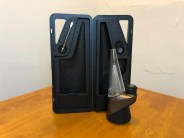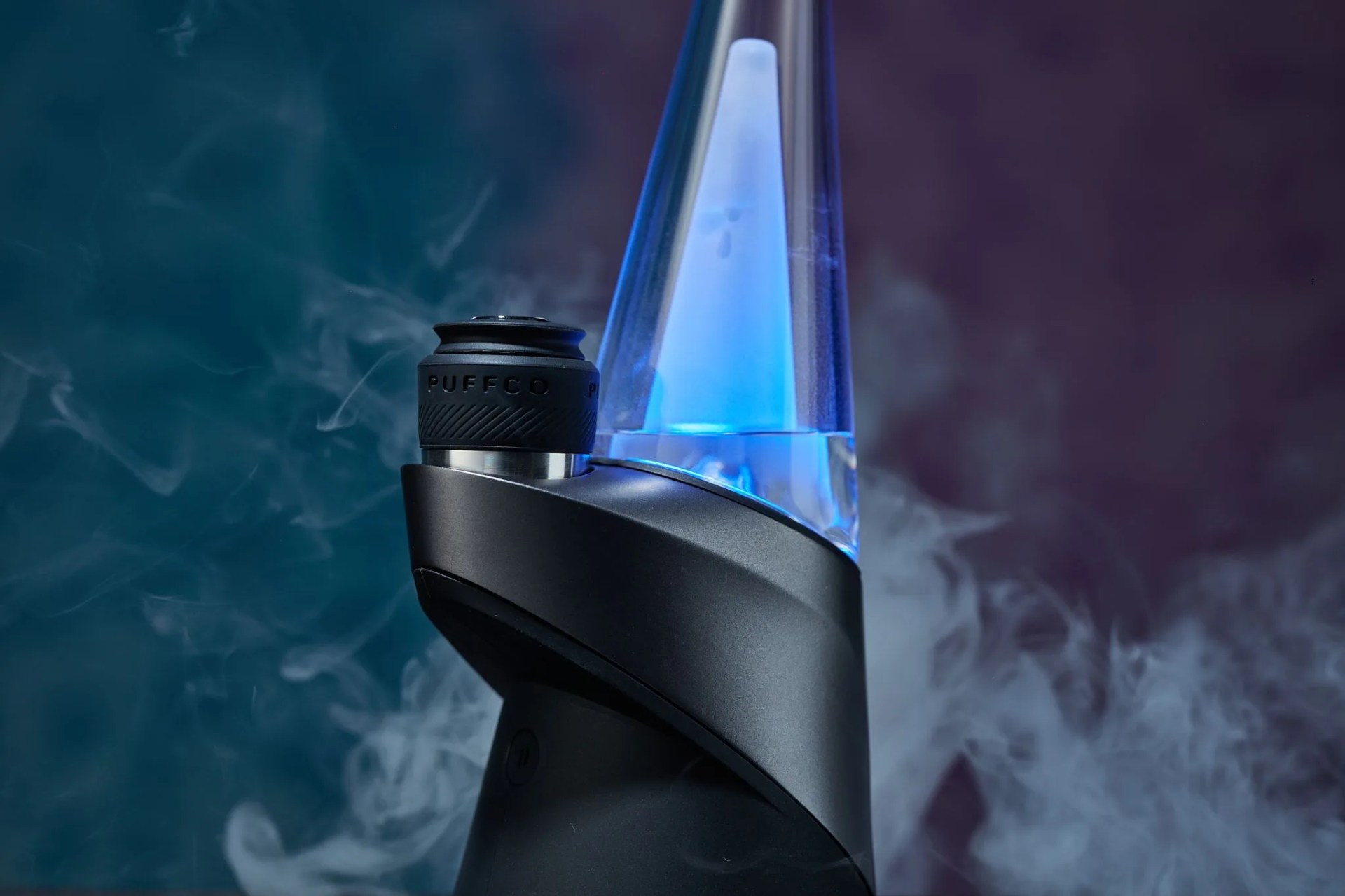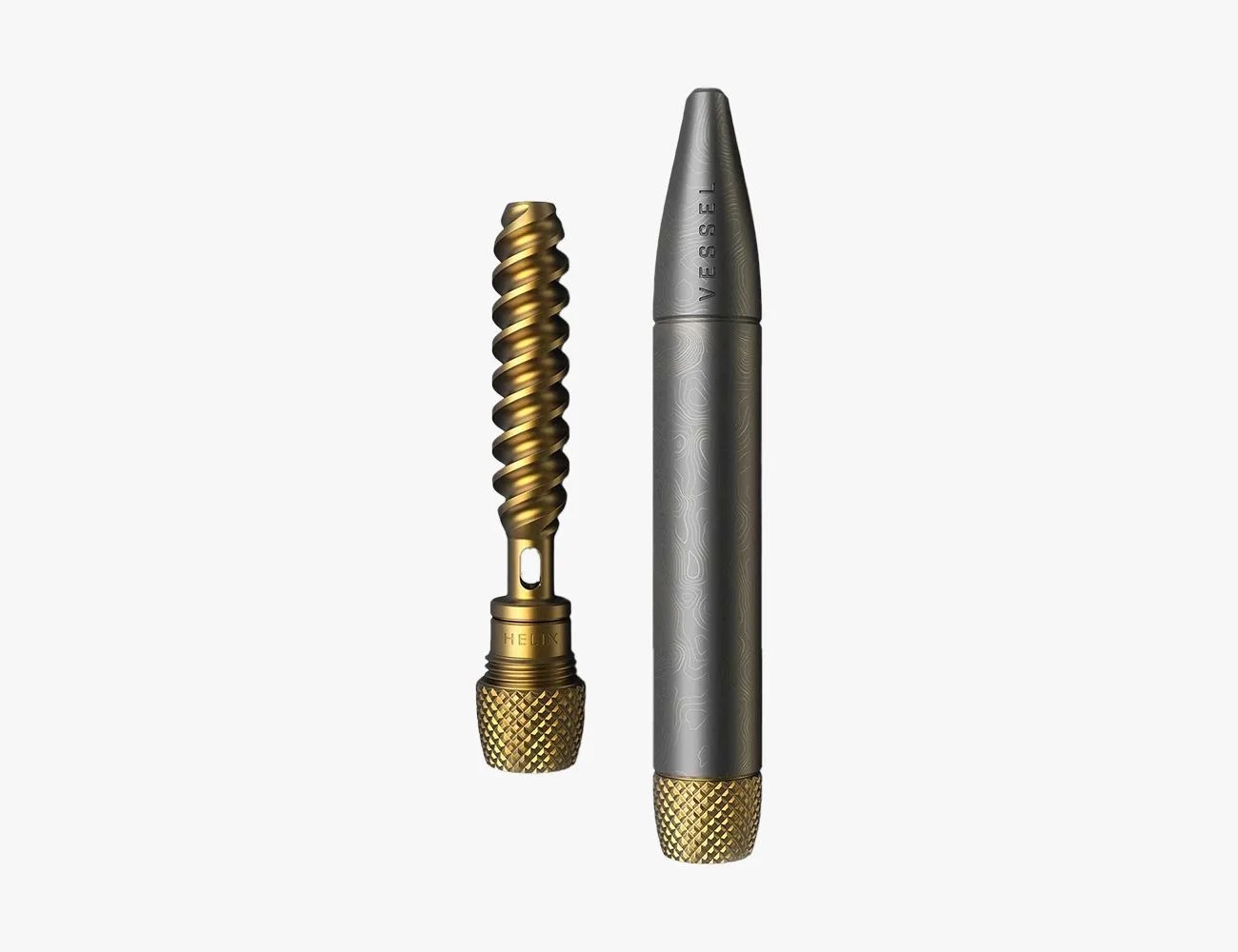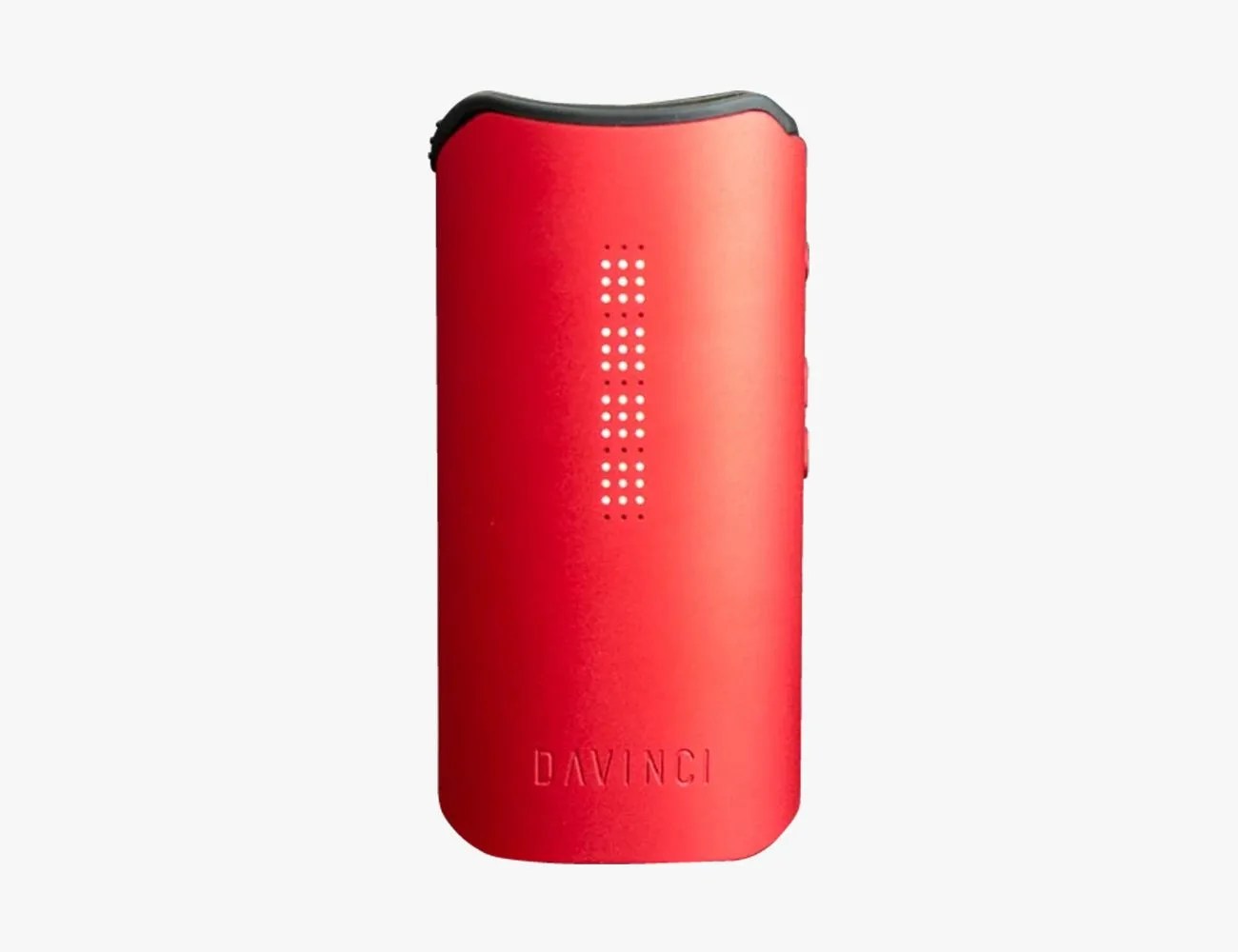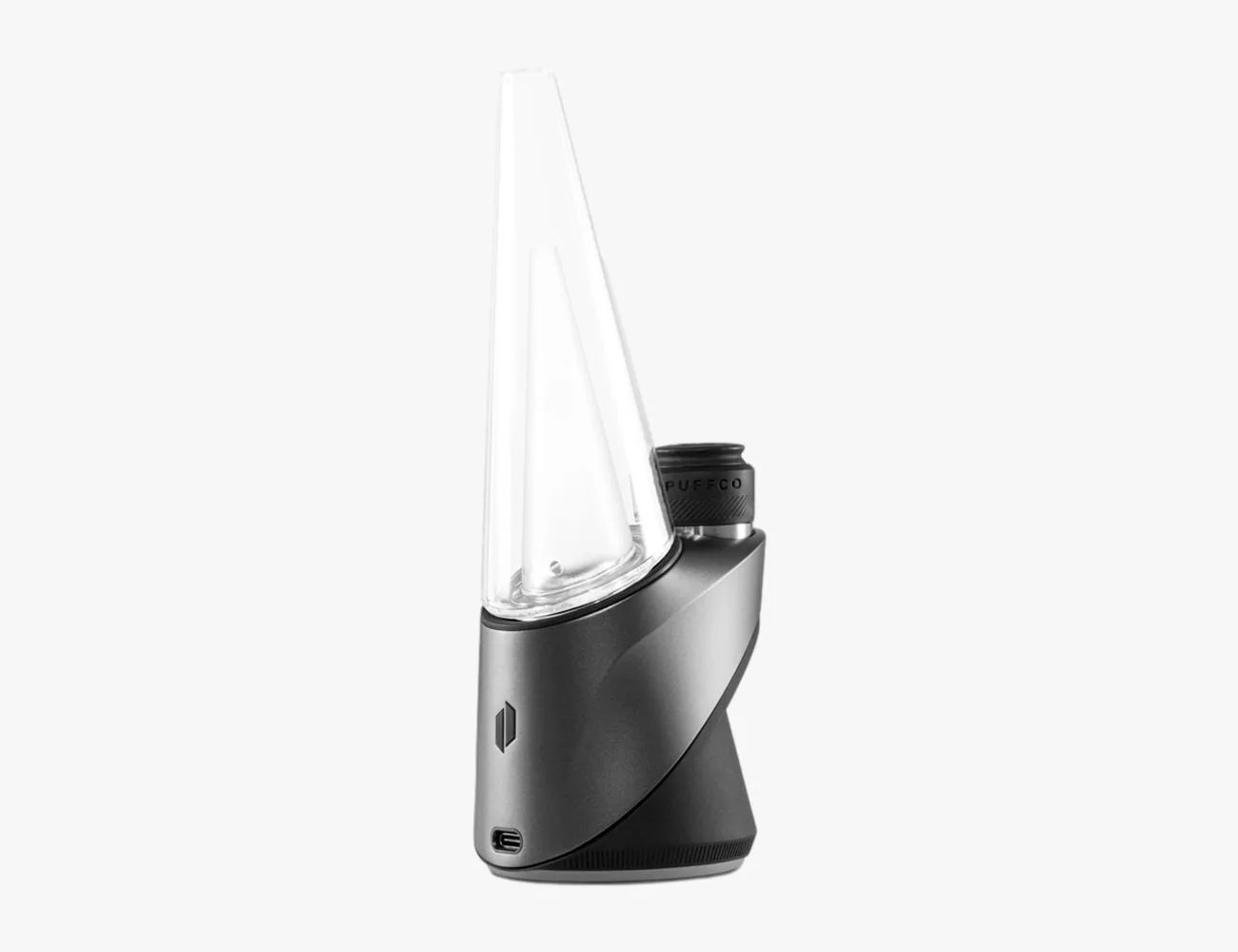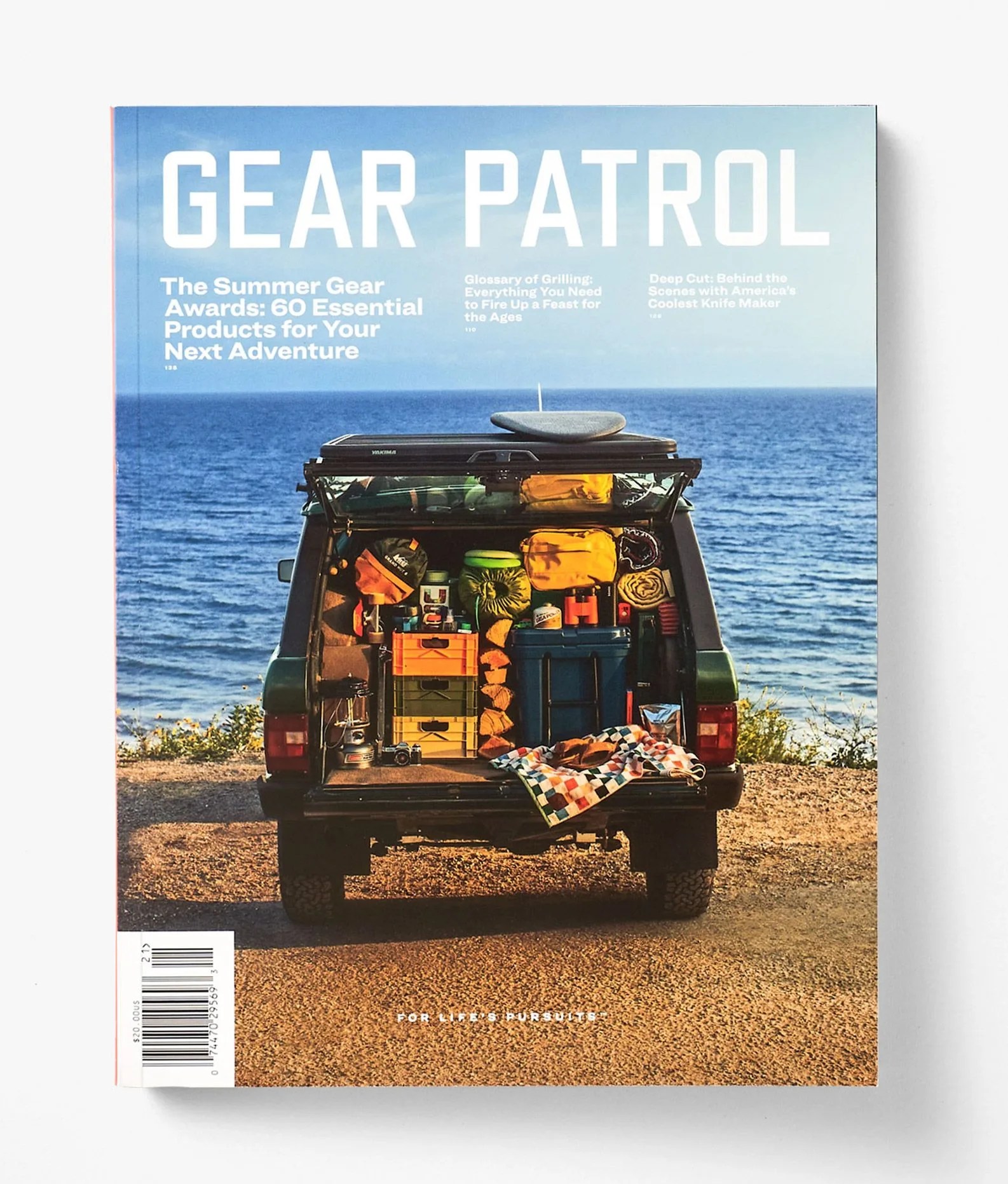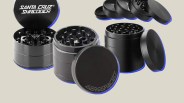When it comes to anything having to do with cannabis, two things are often true at the same time. Its use is as at once legal — at least according to some 36 states — and illegal, if you ask the feds. And while the last 10 or so years have seen cannabis’s legality spread quickly, giving birth to different and improved means of consumption, another paradox remains: There’s seemingly never been a better time to do business in weed, and it’s also never been more challenging to get products in the hands of consumers.
The problems plaguing the weed business are perhaps best encapsulated by legal disputes, like when, in 2019, Puffco filed a complaint alleging that a previous class action lawsuit filed against it had been secretly coordinated by Kandypens, one of its competitors. The lawsuit alleged Puffco’s Peak vaporizers — one of the most popular high-end e-rigs on the market — were bunk, particularly its ceramic atomizers, which kept breaking on customers; it also alleged the company wasn’t honoring warranties.
In the complaint, Puffco accused Kandypens CEO Graham Gibson of creating a series of Instagram pages dedicated to disseminating information about the class action lawsuit before it was even filed and later shared a copy of the class action complaint. Puffco said Kandypens never disclosed that it created the pages.
In January, Puffco announced via Instagram that the suit was settled in its favor. But all the drama and general desperation signaled that these issues persist, with companies sometimes resorting to litigation to gain market share in the face of a variety of market problems. This is not unheard of in the cannabis world, where the still-legalizing status means emotion and mudslinging run rampant. The fight for air is even more fraught when it comes to vapes, a category plagued with draconian regulation that has spilled over from nicotine vaping problems.
Around Christmas of 2021, Puffco announced that, due to the Prevent All Cigarette Trafficking (PACT) Act’s provision regulating “nicotine delivery systems” coming into effect, it would no longer be able to use its online store to ship directly to consumers. Even though the law appears to apply strict regulations to the mailing and taxation of cigarettes and smokeless tobacco products only, it includes stringent requirements for vape gear of any stripe. This erroneously includes dab gear, which slides in under a technicality of inhalable “liquid.” It’s a classification that would rightly make most cannabis concentrates enthusiasts recoil, especially because no tobacco or nicotine is involved.
“If USPS determined that this ruling does include cannabis concentrates, which it did, we knew we won’t be able to ship,” says Puffco CEO Roger Volodarsky. DHL, UPS and FedEx all followed suit.


